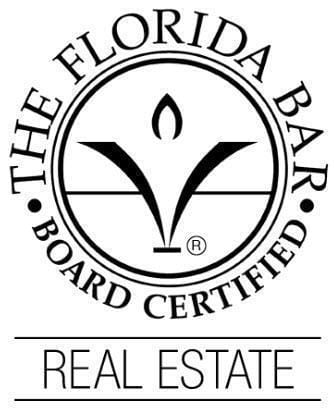Like other entrepreneurs, you probably envision making changes in the real estate you want to buy, like expanding the number of bedrooms or bathrooms to entice new renters. However, your plans may go unrealized if it turns out you cannot carry out your planned projects on your new property.
Before you buy real estate, you should undertake a title search first. You might have acquired some information on the property through its property title, but as Homelight points out, property titles may not be up to date or could omit some property history. With a title search, you can find out if your property has limitations on its use.
Clearing up past ownership
One problem you may run into is that you might be ready to finalize a real estate purchase only for someone to claim ownership of part of the property or perhaps all of it. The property might also have liens on it from an unpaid construction project. A title search helps ensure that no one else is out there with prior claims to the property.
Still, even if you can buy the property with no one else to contest ownership, you still have to make sure you can do with the property as you wish. A title search may reveal deed restrictions that could prevent you from carrying out renovations or anything else you have planned.
Examples of deed restrictions
A deed restriction can limit your activity in any number of ways. You may discover that your local government forbids certain construction projects. A deed restriction can dictate how high you build a fence and whether you can obstruct the views of neighboring properties. You might also find limits on the number of bedrooms you can build or on the kinds of structures you can add to the property.
Title searches can uncover other restrictions such as easements. These are rights to use the property that another party holds. A utility company may have an easement to run cables over or underneath the yard. You should feel comfortable with any limitations you discover on a property before making a purchase.




